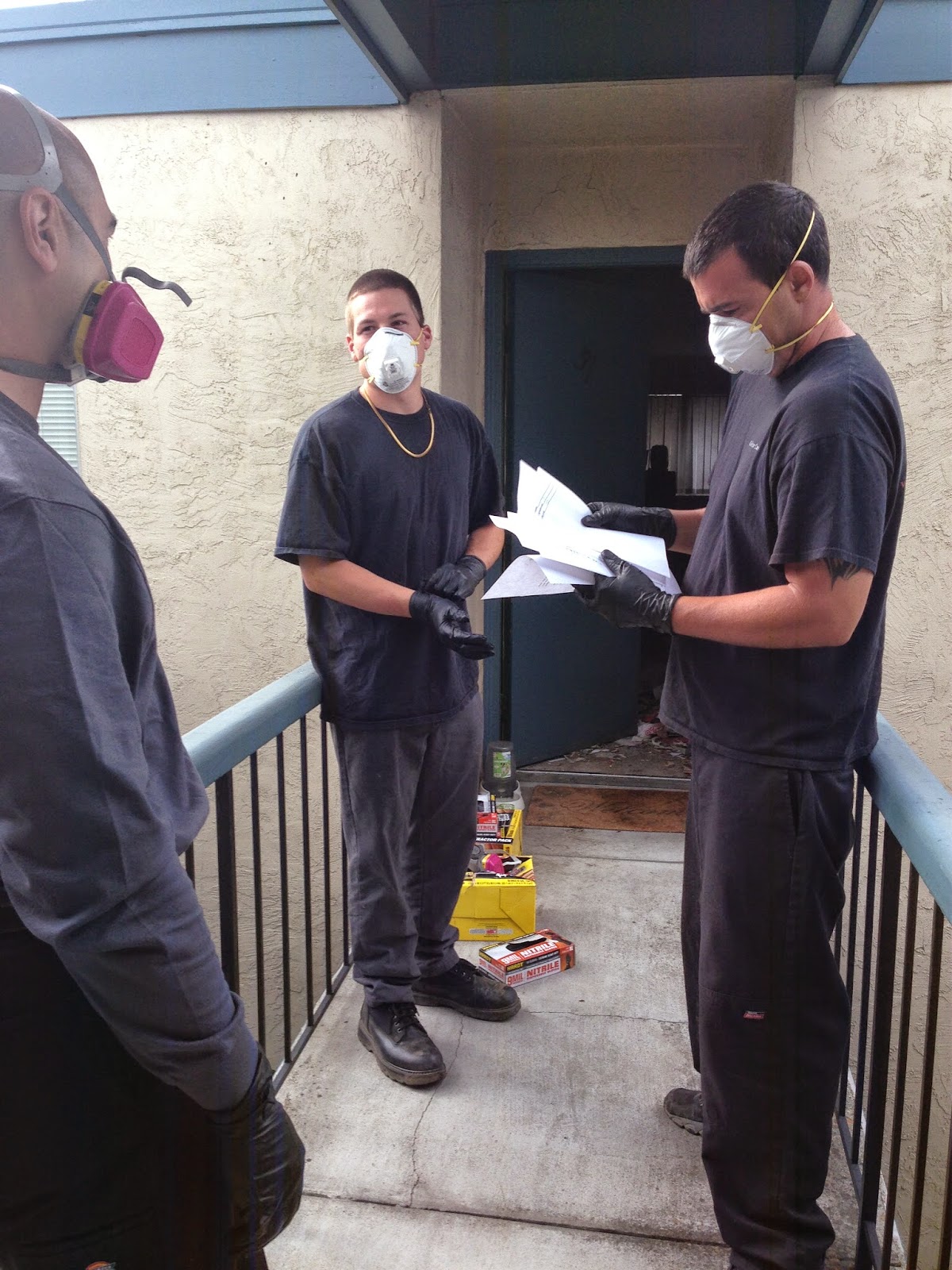Hey there Collectors! It's been about a month since I wrote my last blog, sorry about that! Even us organizers have to take time for ourselves. This month has been a tough one for my little Collector Care ... we have had 3 cases of hoarding with a thick frosting layer of squalor. Self care has been really important for us all, and sometimes that means not writing for a few weeks. But I am back, and chock full of ideas. Starting with this one, covering Diogenes Syndrome.
If you have a sensitive stomach, go to my previous blog it's all about Fall Fashion! If you are still here, you will learn about Diogenes Syndrome and 5 tips to help your family member who is suffering.
Diogenes syndrome definition: A rare condition where a person (usually an elderly person) fails to look after there personal cleanliness and hygiene. (rightdiagnoses.com)
The Broadway musical "Grey Gardens" -- headed for Tony nominations and a
Hollywood movie -- highlights the fall of socialite Edie Bouvier Beale
and her mother,
Edith, who lived in a squalid 28-room mansion among scores of
flea-infested cats and raccoons, and towers of dirty cans.
The syndrome was named for Diogenes, a Greek philosopher of the fourth
century B.C., who advanced the principles of self-sufficiency and
contentment unrelated to material possessions -- a misnomer -- given the
nature of the disorder, which causes people to hoard animals and
belongings.
Hoarding occurs in about 1 to 2 percent of the population, according to
Randy Frost, a psychology professor at Smith College who wrote
"Buried Treasures," a self-help book for hoarders. About 10 percent of hoarders display the rarer Diogenes syndrome.
Those who live with the syndrome manifest personality traits like
reclusiveness, suspiciousness, obstinacy and other isolating tendencies.
There are often precipitating events -- such as physical illness,
deafness, blindness and bereavement -- that make the syndrome worse.
Research shows a relationship between the syndrome and anxiety and
depression, and anecdotal studies suggest the disorder may be triggered
by a significant emotional or relationship loss, said Frost. (Susan Donaldson James, ABC NEWS)
So beyond running from the sight and smell, what can you do to help your family member that is suffering? Here are five super honest tips from professionals who care.
- Hire a cleanup company that is licensed to handle biohazards. Have them clean and disinfect the home from top to bottom. From the cobwebs draping the ceilings, to the clumped feces on the floor it - it all has to be eliminated. Have them remove all soiled furniture, bedding, clothing, area rugs, etc. Anything contaminated needs to be bagged and tagged. Cover in plastic and dispose of properly. Start new.
- Buy disposable adult undergarments. These can be found at any grocery or pharmacy. Order them online. Wrap in a plastic grocery bag and toss.
- Plastic. Buy a plastic mattress cover, and plastic sheets. Toss when soiled. Put plastic tarps down securely under the bed, and sofa. This reduces to damage to the floor and structure, and makes it easier to clean or dispose of. Cut around the the edges of bed and dispose when soiled. Make sure they are secure and covered with another rug so that your loved one does not slip.
- Buy a shower chair. Have your loved one sit down while showering if they cannot stand. Your loved one needs to bathe, and sometimes it's too hard physically. Make this as easy as possible.
- Put a large garbage can in every room. It's hard for your loved one to dispose of their garbage so make it easy on them. At this point aesthetics are irrelevant.
If you or your loved one can afford medical and psychiatric care, assisted living, or around the clock care, those would be my first suggestions. Above are all self help tips and tips for family members and loved ones for those suffering with Diogenes Syndrome.
Collector Care Professional Organizers are equipped to handle any job, big or small. We put a lot of pride and effort into our work, and most importantly we CARE.
Do you need help cleaning up a squalid situation? Not sure where to go or who to call? Look no further!
Collector Care Professional Organizers
www.collectorcare.com
+Collector Care
www.facebook.com/collectorcare
www.twitter.com/collectorcare
www.pinterest.com/collectorcare
Check out our awesome reviews!


 Rachel Seavey, Blogger and Owner of Collector Care
Rachel Seavey, Blogger and Owner of Collector Care





.JPG)